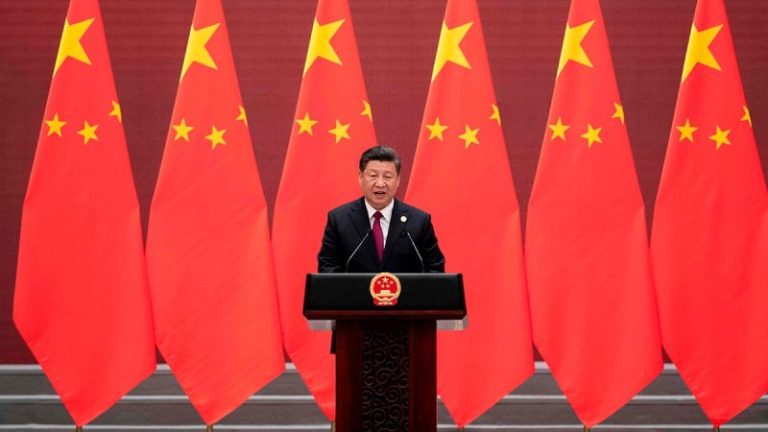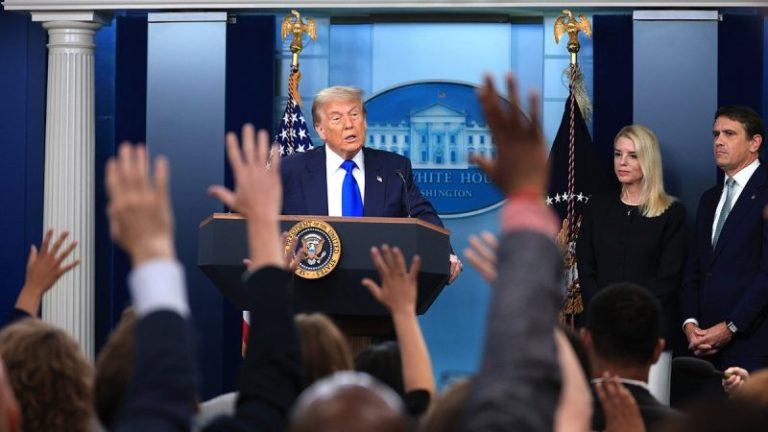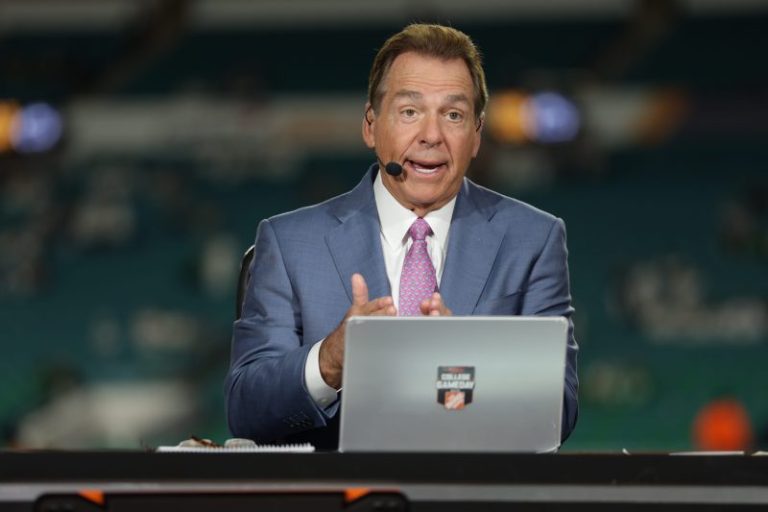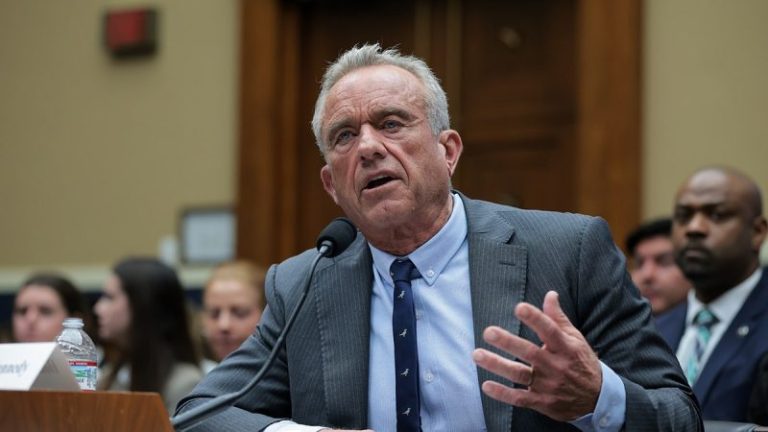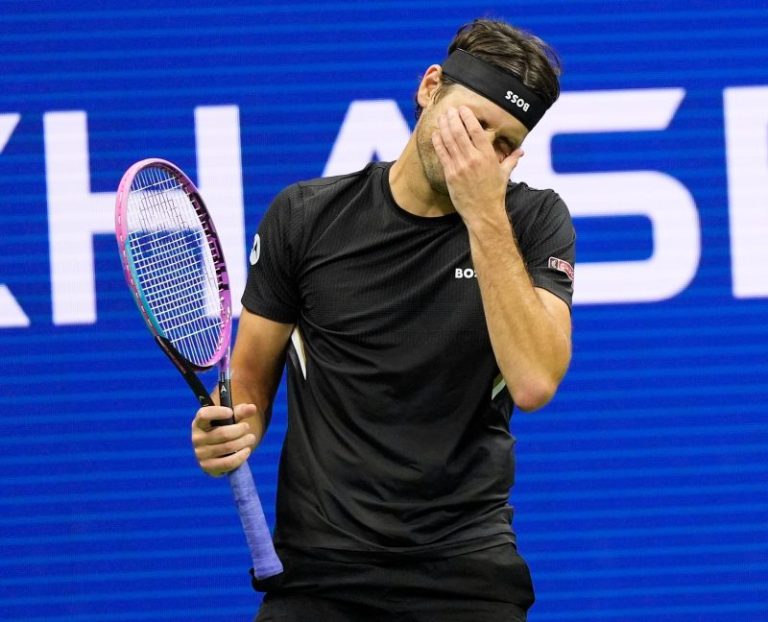The Alabama football program has struggled under coach Kalen DeBoer, a stark contrast to its previous success.
Former coach Nick Saban’s departure has left a significant void, with the team’s performance declining sharply.
Alabama has lost four games as double-digit favorites in DeBoer’s first 14 games.
As we all vicariously live through the ugly undoing of the greatest dynasty in college football history, one question looms above all else.
Who feels worse: Alabama fans, or Ms. Terry?
One is watching whatever this is at Alabama play out in front of their collective eyes, the other has to hear about it from Nick Saban.
Before we go further, let me stress that Saban’s world revolves around his beautiful bride of more than 50 years, whom he loving calls “Ms. Terry.”
But my god, this can’t be easy for her.
“The good news,” Saban awkwardly said Monday night on ESPN’s ‘GameDay’ broadcast, “Is every team has the best opportunity to improve from Week 1 to Week 2.”
Well, thanks for that update, TV Nick. Now tell us how you really feel.
Because the mother trucker of a program you meticulously built and sustained at Alabama for 17 seasons, now looks like a bag of cats headed to the river.
Because Alabama in its second season under Kalen DeBoer looks like Alabama in its last season under Mike Shula.
Because Alabama – holy mother of pigskin, big, bad Alabama – is absorbing punishment on the field instead of delivering it. And players are loafing.
I can’t believe I just wrote that: Alabama players are loafing.
A decade ago, Saban bought a Mercedes dealership in Birmingham, Alabama, and his Dream Motor Group has grown so much and been so sucessful, he recently acquired two Mercedes dealerships in Miami for $700 million.
DeBoer, meanwhile, may as well now own a used car lot. Behind that shiny Crimson paint is an engine in disrepair.
This is killing Saban, everyone. You don’t win like he did, don’t raise the bar of expectations and demand perfection every single play, and watch your beloved program lose four times as double-digit favorites in DeBoer’s first 14 games.
The first of those unthinkable losses was last season to SEC tomato can Vanderbilt, the last on Saturday to a Florida State team that won two flippin’ games in 2024. Two.
Since a win last season over Georgia – the high-water mark of the DeBoer era – Alabama is a lousy 5-5 in its last 10 games. Read that again.
Now imagine Nick and Terry – his confidant of five-plus decades, and the one person who knows him better than any other – when they’re alone and reflecting while trying to enjoy that 6,200-feet, $17.5 million retirement mansion in Jupiter Island, Florida.
Saban left Alabama after the 2023 season because he said it was time. The game was drastically changing off the field, and frankly, he didn’t want to hang around for it.
But this wasn’t part of the deal. Watching a completely rebuilt Florida State offensive line, which couldn’t bust a grape in 2024, smash the Alabama front seven over and over and over again.
Watching the now listless Alabama program, this group of furloughed players from the unrelenting taskmaster of years past, is too much for one rare, megalomaniacal legend of a coach to bear.
And that means the lovely Ms. Terry has to bear it, too. By proxy.
The women who willingly choose to marry into the untenable profession with their husbands, who live and breathe it on a daily basis, are the last line of sanity. When everything else is up to a million, they modulate the turmoil down to one.
Because right now Nick is looking at Terry and asking if they did the right thing. He feels guilty, he could’ve done more. He let down the players and the university.
All coaches think this way. No matter the success, no matter the failure.
But there’s no way Saban could’ve seen this coming so quickly. Not the way he set up the program to continuing winning at a high level.
No one recruited like Saban, stacking and packing the roster with four- and five-star recruits like game day traffic on McFarland Boulevard. If any program in the country was built to sustain losses in the transfer portal, much less a coaching change, it was Alabama.
But Saban overlooked one key factor in his departure: his shadow and specter are no longer around.
Saban ruled the program with an iron fist, a philosophy so detailed and distinct in its success, players fed off it. They not only wanted to play for Saban, they needed to.
If that meant busting ass every day in practice as a backup to push the first team ahead of you, so be it. Because eventually, your time would arrive — and when it did, heaven help the guy across from you.
Alabama with DeBoer is like high school with a substitute teacher. Players know how to work and prepare, but that doesn’t mean they’re not trying to see what they can get away with.
It began with the shocking loss at Vanderbilt, and then the loss at the worst Oklahoma team in three decades — with a spot in the College Football Playoff on the line.
It continued in a New Year’s Day bowl against Michigan, which couldn’t complete a pass to save its life. Yet still bludgeoned Alabama at the point of attack, and won a rock fight.
Then came Florida State, whose transfer quarterback Thomas Castellanos taunted Alabama all offseason by saying Saban wasn’t around to save the Tide.
And you know what? Castellanos was right.
Imagine Nick trying to explain that to Ms. Terry. A quarterback playing for his third team in four years brought Alabama to its knees.
Or maybe it was the used car salesman.
Matt Hayes is the senior national college football writer for USA TODAY Sports Network. Follow him on X at @MattHayesCFB.
This post appeared first on USA TODAY


